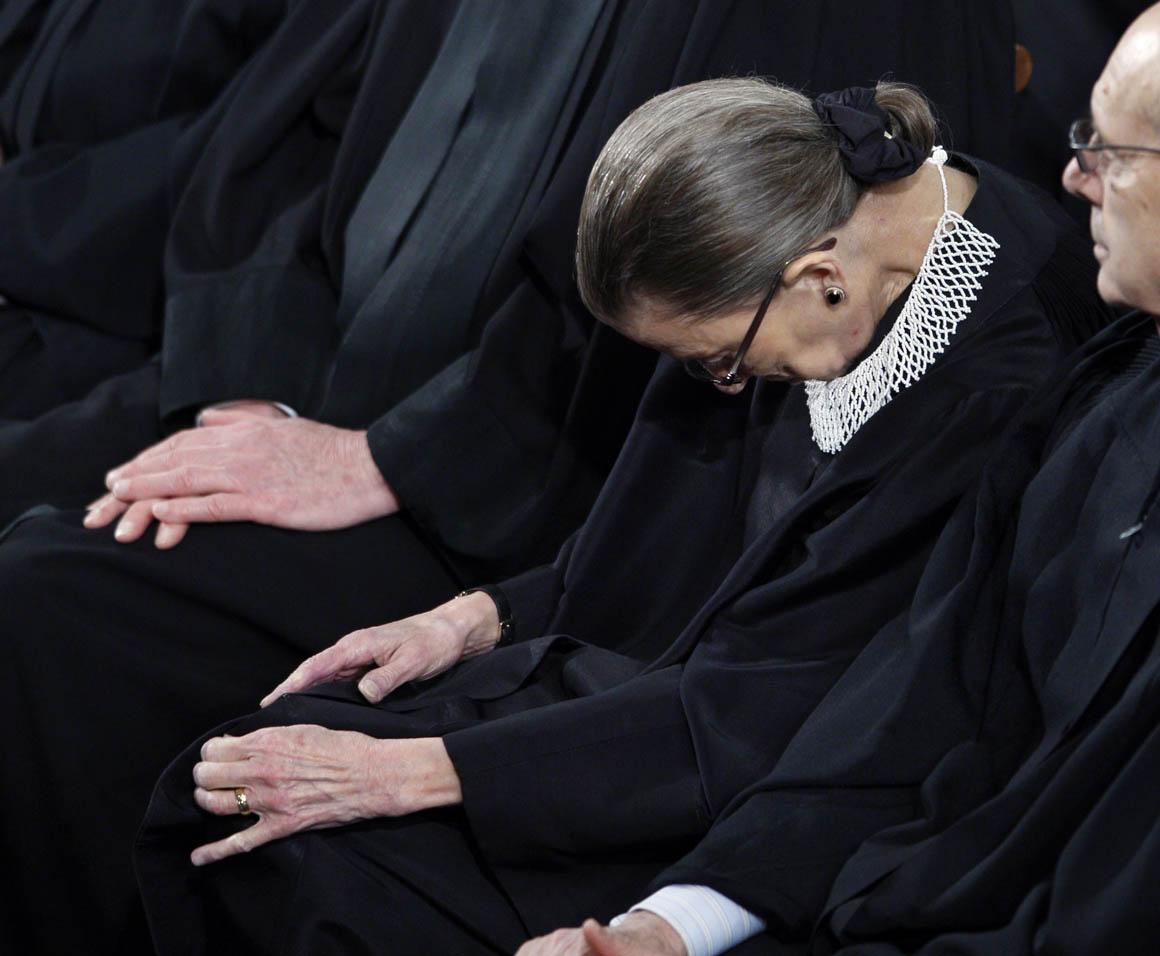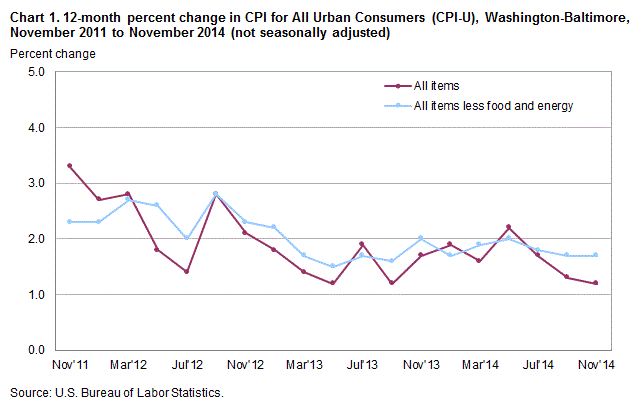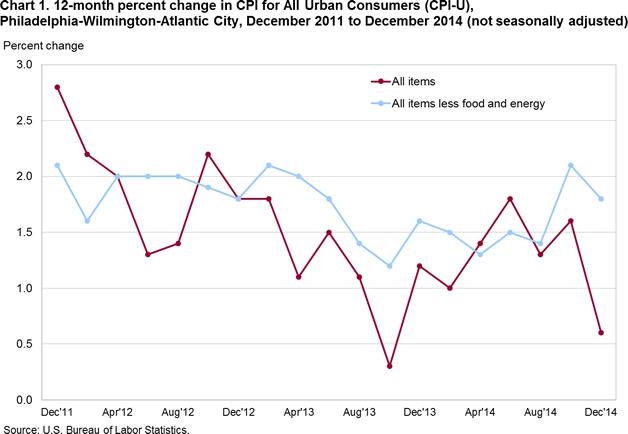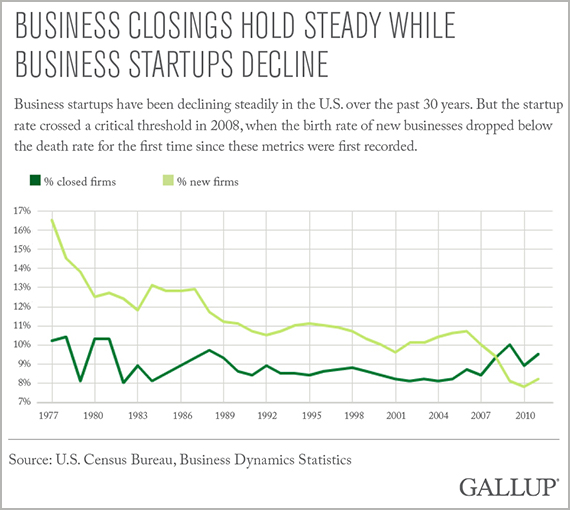Whoever promises the most free stuff will win. This country is getting destroyed...it's work ethic gone.
We are a consumerist nation now, our economy is very different - and this isn't a Democratic or Republican issue, it's a supply-side + globalist ideological issue. But I don't think the policies you are advocating are in-line with Republican philosophies; that is to say, if you want to bolster U.S. domestic manufacturing.
Obama's 8 years have only made the rich richer and destroyed the poor and middle class.
This is not true.
90% of the net increase in wealth disparity over the last 15 years between the wealthiest 1% of income earners (capital gains included) and the other 99% of working Americans happened between 2002 and 2007. In essence, under Bush, the wealthy captured an historically unprecedented share of the net domestic GDP. In 2008, the nation incurred a correction, and incomes dropped for the top 1% but real assets plummeted for the middle class (foreclosures). The credit crunch greatly reduced financial opportunity for middle class families.
Point being, Bush's policies expanded the economy, but in an unstable way; the result was the 2008 financial collapse.
Obama's policies have been overly cautious and harmful to increasing the rate of growth to previous levels; however, one cannot say that the burden is being placed directly on the middle class.
A supply-side argument could be made that the middle class is suffering indirectly as a result of Obama's financial policies; but that's far more complex and very much debatable.
Interest rates are very low and credit availability is expanding since 2008.
Energy prices, with respect to inflation, are historically low (near 20 year lows).
The two year average for mortgage rates, the primary asset and investment of the American middle class, are historically low.
The U.S. dollar is at a five year high lowering the cost of imported goods.
Expenses aren't rising, they're falling.
Now, is this good for business? Depends on your business. If your in the exporting business, as many American businesses are, then a strong dollar is not a good thing.
But for most Americans, a strong dollar, lower interest rates, cheap mortgages, low cost of petrol, and widening access to credit simply can't be described as "rising expenses."
Again, one can make a supply-side argument here... but that's another conversation.
It has been nearly flat for over 45 years. Once we re-engineered our economy to be less dependent on manufacturing and more on exporting we seem to have frozen out wage increases.
and the middle class is getting crushed by having to pay for bigger and bigger government.
No they're not... Middle class tax burden has decreased under Obama. This is a myth.
The participation rate is the lowest in 50 years.
And 2008 had a participation rate of 64 percent. Your measurement is biased from having an incumbent President who was widely believed to be the favorite against an unpopular challenger. The 2012 election was a forgone conclusion.
And no one should be concerned with midterm turnout rates, they are not a barometer of the political process. 2016 will likely be near 65% voter turnout just as 2008 and 2004.
But hey, we have "FREE" healthcare.

...
Stop with the regulations,
No.
stop with the taxing of small businesses
In what respect? I think you're repeating a claim often made by the GOP that small business owners are hurt by Obama's tax policy towards the upper class; but this is false.
Only ~2.0% of small business owners who have filed taxes since 2009 have been in the higher bracket; with the remaining 98% being in the reduced bracket.
So... most small businesses would have a lower tax burden. Now, the counter-argument here is that most small businesses fail, and thus that 2.0% is likely to have more employees and is more likely to expand. Agreed! But even with that, it's intellectually dishonest to represent Obama's policies as harmful to small businesses - they are not. They
could be harmful to increasing the rate of job growth, but that's a completely different and more nuanced argument.
and get people off of unemployment and back to work...
This assumes that people on unemployment aren't actively looking for work now. I don't think I'd agree with that belief.
that is the ONLY way to prevent our economy from collapsing under the gross weight of the government.
This is more of an abstract argument made from a very specific ideological viewpoint. I understand what you're getting at, but with respect to these elections and the positions of both parties; neither is likely to reduce the net size of the government. The actual debate is about how to apportion tax burden and revenue, not the size and scope of the government itself - which is always growing.
I agree with you, I prefer smaller government as well (as small as possible). But ask a GOP Congressman (on record) if he'd support slashing the defense budget, or ask a Democratic Congressman (on record) if he'd support privatizing Social Security or Medicare (which I support) and see what they'd say.
Again, neither party actually wants smaller government.
We have to stop raising the costs of doing business. The government needs to stop kicking businesses in the nuts, that is the only way to create a vibrant growing economy...the single best welfare there is.
Regarding the bolded... welfare is the least of our problems.





